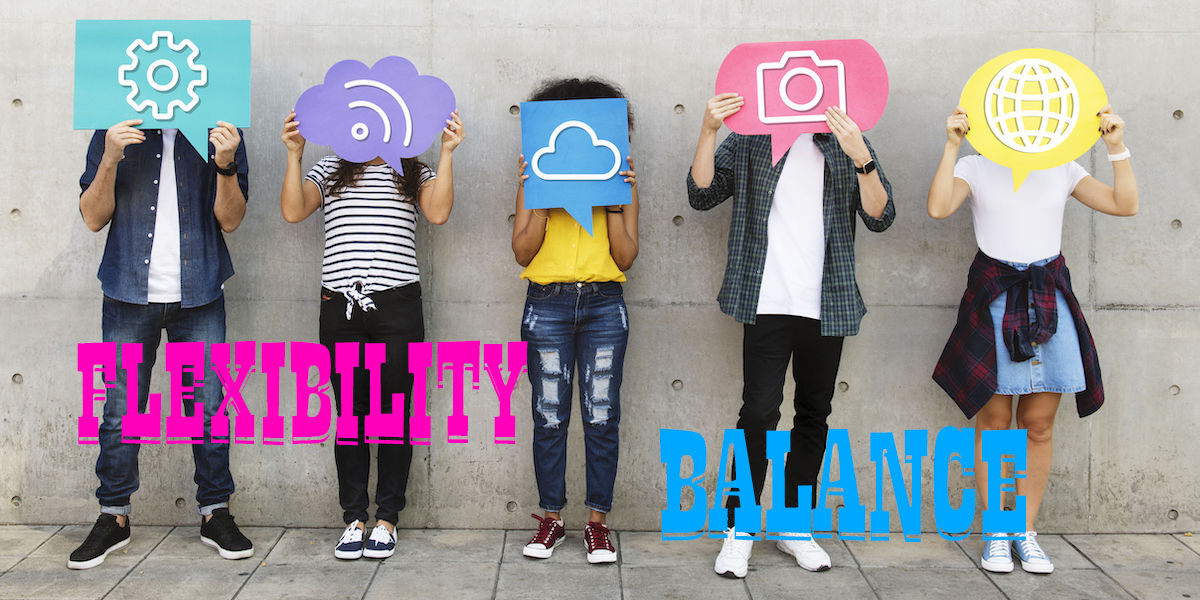Money and status are not a priority for Generation Z when it comes to seeking employment. Also known as Zoomers, these individuals born between 1997 and 2012 would rather have the flexibility to work remotely rather than be stuck in an office all day; measures to ensure their physical and mental wellness; as well as a meaningful position in a workplace with a people-first culture.
As a result, most recent graduates and active job seekers tend to flit from one job to another until they find the best possible fit for their requirements.
A Shift in Priorities
In light of the way workplaces were disrupted throughout much of the past couple of years, employers are beginning to sit up and take notice and offer hybrid schedules wherein employees only need to report to the actual office a few days a week, then work remotely for the rest of the time.
It’s a particularly timely development as the Gen Z population throughout the working world is expected to grow threefold by the end of the decade. An Oxford Economics study shows that this would be around 87 million individuals and make up 30% of the total global workforce.
Linda Jingfang Cai, LinkedIn’s vice-president for talent development, says that younger workers want their employers to care about them as individuals rather than cogs in a machine. In which case, Gen Z employees feel that empathy and career guidance are of higher value than a hefty paycheck.
What Exactly Does Gen Z Want from Their Employers?
According to human resource management experts at LinkedIn and the results from a recent poll among 20-somethings by management consultancy group Gallup, today’s entrants to the workforce are looking for six key aspects whenever they seek employment.
These include:
- Optimal flexibility in terms of work scheduling. Indeed, Gen Z employees would prefer hybrid work schedules or the option to work remotely;
- An employer that properly communicates their primary values and actually practices them in the workplace. In this case, Gen Z applicants are more likely to sign on with a company that prioritizes the well-being of its staff;
- Job offers that are properly worded and do not put an emphasis on years of experience for entry-level positions;
- Companies that offer opportunities for learning and advancement, usually in the form of skills training and mentoring;
- A diverse and inclusive workplace that promotes respect and equity regardless of racial, age, and gender barriers; and
- Ethical leadership in action.















